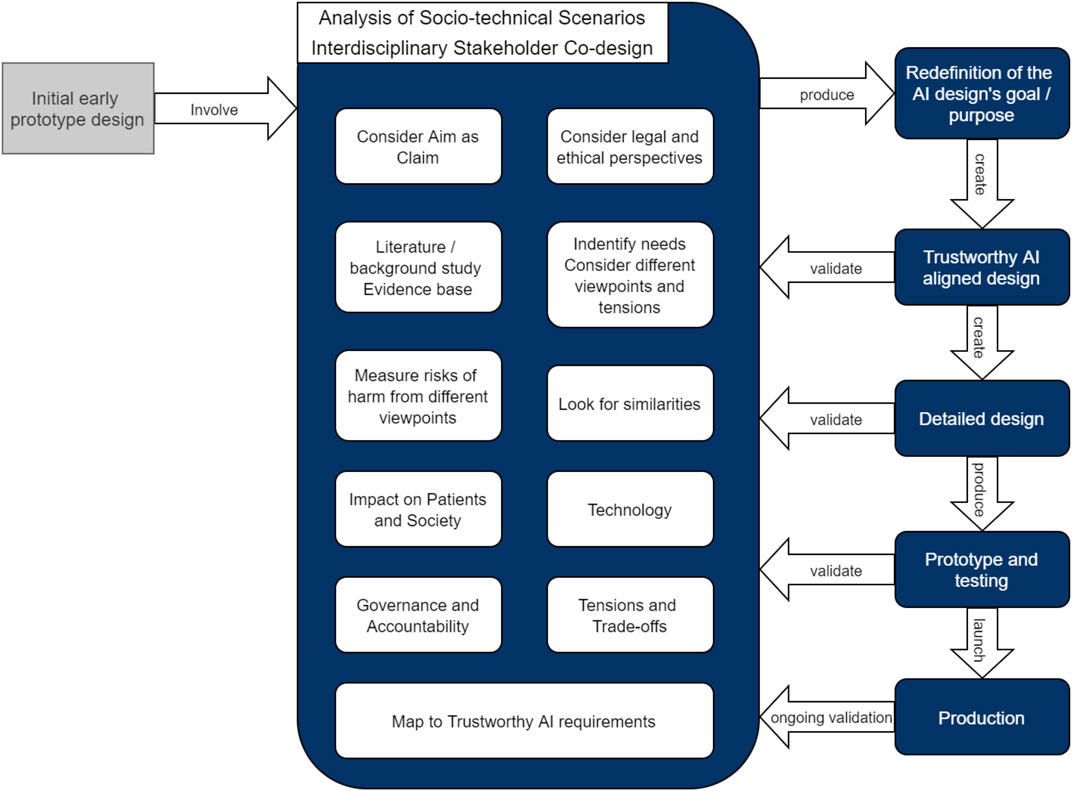Navigating Legal Challenges in Deep Learning Algorithms

Unraveling the Legal Tapestry: Deep Learning Algorithms in the Legal Spotlight
Deep learning algorithms, heralded for their transformative capabilities, are not immune to legal scrutiny. This article delves into the complex landscape of legal issues surrounding deep learning algorithms, shedding light on the challenges, ethical considerations, and the evolving role of legal frameworks.
Understanding Deep Learning Algorithms:
Before navigating the legal landscape, it’s crucial to grasp the essence of deep learning algorithms. These complex systems, inspired by the human brain’s neural networks, excel at processing vast datasets, making them integral to advancements in artificial intelligence (AI). Their applications span diverse fields, from healthcare diagnostics to autonomous vehicles.
Bias and Discrimination Concerns:
One of the primary legal concerns in deep learning algorithms is the potential for bias and discrimination. If the training data used to develop these algorithms contains biases, the algorithms may perpetuate or exacerbate existing inequalities. Legal frameworks must address issues of fairness to prevent discriminatory outcomes.
Explainability and Transparency Challenges:
The opacity of deep learning algorithms poses challenges for legal professionals seeking to understand how decisions are reached. The lack of transparency raises questions about accountability and due process, especially in fields like finance, healthcare, and criminal justice. Legal considerations must emphasize the need for explainability.
Intellectual Property and Ownership:
The development of deep learning models involves intricate intellectual property considerations. Determining ownership of models, algorithms, and the generated insights can be complex. Legal frameworks must evolve to establish clear guidelines for ownership rights and protect against intellectual property disputes in this rapidly advancing field.
Data Privacy and Security Implications:
Deep learning relies heavily on vast datasets, often containing sensitive information. Privacy concerns arise as algorithms process personal data, leading to potential breaches and security risks. Legal frameworks, such as GDPR, play a pivotal role in governing the collection, storage, and use of data in deep learning applications.
Liability in Decision-Making Processes:
As deep learning algorithms increasingly influence decision-making processes, questions of liability emerge. Determining responsibility for algorithmic decisions with significant consequences, especially in critical areas like healthcare and finance, becomes a legal challenge. Legal frameworks must establish guidelines for liability in algorithmic decision-making.
Regulatory Adaptation to Technological Advances:
The rapid evolution of deep learning demands adaptive legal regulations. Existing frameworks may struggle to keep pace with the swift advancements in AI technology. Legal professionals and policymakers must work collaboratively to develop regulations that strike a balance between fostering innovation and protecting societal interests.
Ethical Considerations in AI Development:
Legal discussions surrounding deep learning algorithms extend to the ethical realm. Developers and users must grapple with ethical considerations, ensuring that AI technologies align with human values and societal norms. Legal frameworks play a vital role in shaping ethical guidelines for responsible AI development and deployment.
International Cooperation on AI Governance:
Given the global nature of AI technologies, international cooperation is crucial. Legal standards and governance frameworks for deep learning algorithms need to be harmonized globally. Collaboration among nations ensures consistency and prevents jurisdictional challenges in the increasingly interconnected world of AI.
Educational Imperatives for Legal Professionals:
As deep learning algorithms become integral to various industries, legal professionals need to enhance their understanding of AI. Education and training programs should be implemented to equip lawyers, judges, and policymakers with the knowledge required to navigate the nuanced legal landscape of deep learning.
Exploring the Future of Deep Learning and the Law:
In conclusion, the legal issues surrounding deep learning algorithms are complex and multifaceted. As technology advances, legal frameworks must adapt to ensure the responsible development and deployment of deep learning models. For an in-depth exploration of Legal Issues in Deep Learning Algorithms, visit StarMountainResources.com.
As we navigate the intersection of deep learning and the law, a proactive and collaborative approach is essential. Legal considerations play a pivotal role in shaping the future of AI, ensuring that the benefits of deep learning are harnessed responsibly while mitigating potential risks and challenges.





